From ancient scrolls to modern smartphones, technology has always been intertwined with the way we understand and interact with the world around us. In the realm of monotheistic beliefs and politics, this relationship takes on a unique and complex dimension, bringing to the forefront questions of ethics and morality. As we navigate the ever-evolving landscape of technology, it is crucial to examine how these advancements align with the core values and principles of monotheistic traditions.
Monotheistic beliefs, such as those found in Christianity, Islam, and Judaism, are rooted in the concept of a single, all-powerful deity who governs the universe. Central to these beliefs is the notion of ethical behavior and moral responsibility, with adherence to divine laws and commandments serving as a guiding principle for believers. In this context, technology can be seen as a tool that has the potential to either uphold or challenge these ethical frameworks.
One of the key ethical questions surrounding technology in monotheistic beliefs is the concept of playing god. As we delve into realms of artificial intelligence, genetic engineering, and biotechnology, we are faced with the power to manipulate and control the very essence of life itself. This raises concerns about the boundaries between what is deemed acceptable within the realms of divine creation and what crosses into the territory of hubris and blasphemy.
Furthermore, the impact of technology on issues such as privacy, surveillance, and social justice cannot be overlooked in the context of monotheistic beliefs and politics. As we witness the rise of algorithms that dictate our choices and dictate our behaviors, we are confronted with the question of how these technological advancements align with the values of justice, equality, and compassion upheld by monotheistic traditions.
In the realm of politics, technology has the power to shape discourse, influence elections, and even fuel conflict. From the spread of misinformation to the weaponization of social media, the ethical implications of technology in the political sphere are vast and far-reaching. As believers navigate these turbulent waters, it becomes imperative to consider how their actions and decisions in the realm of technology intersect with their ethical and moral commitments.
In conclusion, the ethical dimensions of technology in monotheistic beliefs and politics offer a rich tapestry of questions and considerations. As we continue to innovate and progress in the realm of technology, it is essential for believers to reflect on how these advancements align with their core values and principles. By engaging in thoughtful dialogue and reflection, we can navigate the complex intersection of technology, ethics, and monotheistic beliefs with wisdom and discernment.
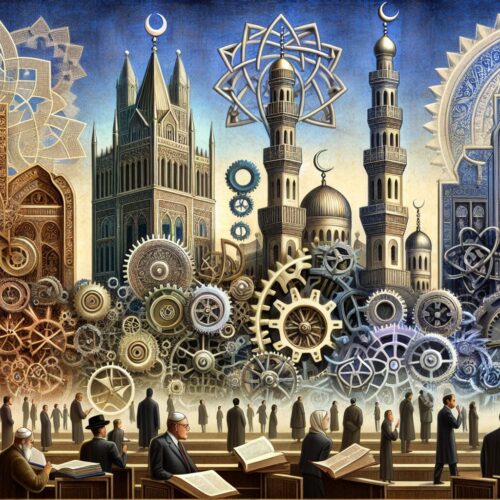
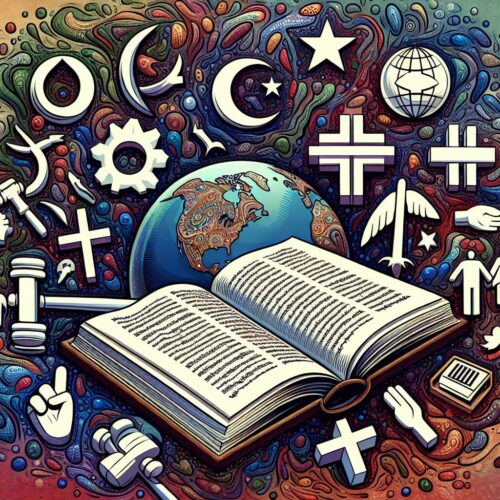
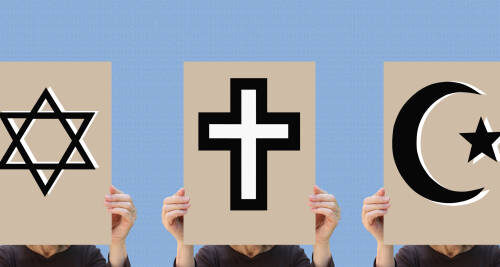
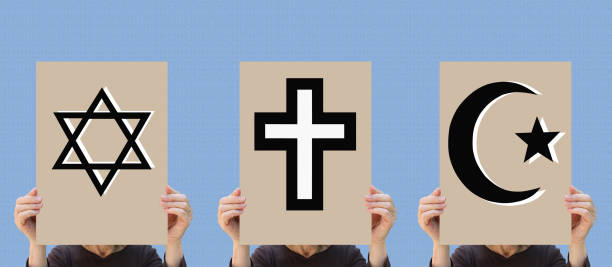 The
The 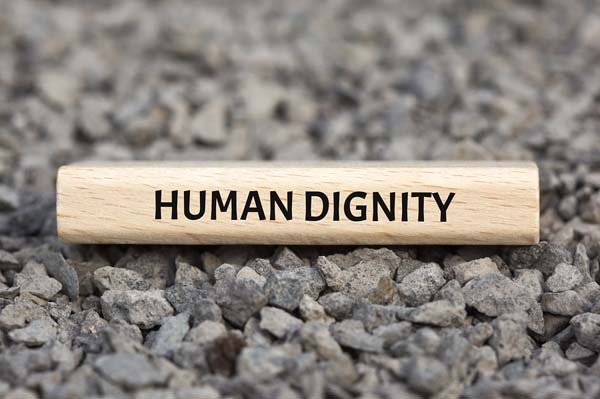 Human Dignity and Worth
Human Dignity and Worth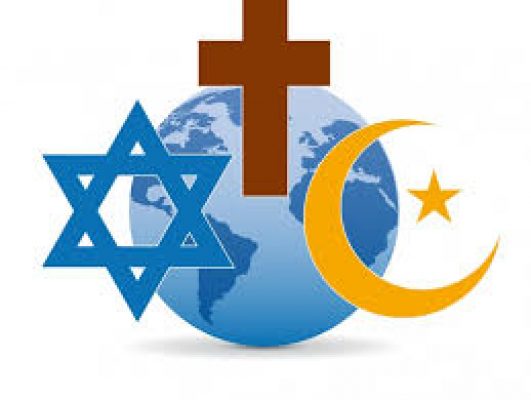 Monotheism and Modern Human Rights
Monotheism and Modern Human Rights